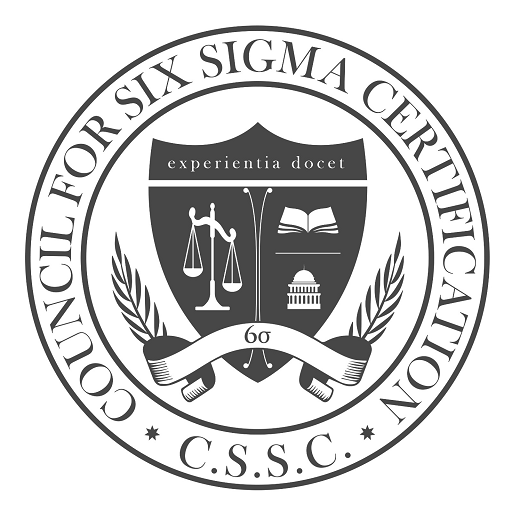
Lean consultant in Chennai
Lean consultant in Chennai In an era of rapid technological advancements and intense market competition, businesses are constantly searching for ways to optimize their operations and enhance efficiency. Lean consultants play a pivotal role in this quest by helping organizations adopt Lean principles, which focus on minimizing waste and maximizing value. This blog delves into the role of Lean consultants, the advantages they bring, and the essential principles and tools they use to foster continuous improvement.
The Role of a Lean Consultant
A Lean consultant is an expert in Lean methodologies, which originated from the Toyota Production System and have been widely adopted across various industries. Their mission is to streamline processes, reduce waste, and create more value for customers. Lean consultants achieve this by evaluating current workflows, identifying inefficiencies, and recommending Lean-based improvements.
Working closely with all levels of an organization, Lean consultants ensure that Lean practices are embedded into the company’s culture. They provide training, support, and guidance to facilitate the adoption of Lean techniques, promoting a culture of ongoing improvement and sustainability.
Advantages of Engaging a Lean Consultant
1. Boosted Productivity
Lean consultants help identify and eliminate non-value-added activities, significantly enhancing productivity. Streamlining processes and cutting unnecessary steps enable businesses to achieve quicker turnaround times and higher output with the same or fewer resources.
2. Cost Savings
Lean methodologies focus on minimizing waste, including excess inventory, overproduction, and defects. Lean consultants assist organizations in pinpointing these waste sources and implementing strategies to reduce or eliminate them, resulting in substantial cost savings.
3. Enhanced Quality
Lean practices emphasize quality at every production stage. Lean consultants work with companies to establish strong quality control systems, reduce defects, and improve overall product or service quality, leading to higher customer satisfaction and lower costs associated with rework.
4. Elevated Employee Engagement
Lean consultants foster a culture of continuous improvement and employee involvement. Empowering employees to identify and resolve issues leverages their expertise and creativity, leading to better solutions and increased job satisfaction.
5. Better Customer Satisfaction
Focusing on delivering customer value and eliminating non-contributory activities, Lean consultants help organizations meet customer needs more effectively. This results in higher customer satisfaction and loyalty, crucial for long-term success.
Core Lean Principles
Lean consultants rely on several core principles to guide their improvement strategies:
1. Value
Value is defined from the customer’s perspective. Lean consultants help organizations identify activities that add value and eliminate those that do not, ensuring all processes align with customer needs.
2. Value Stream
The value stream includes all activities needed to deliver a product or service. Lean consultants map the value stream to identify waste and inefficiencies, providing a foundation for process optimization.
3. Flow
Lean aims to create a smooth, uninterrupted workflow. Consultants work to remove obstacles and ensure processes move seamlessly, reducing batch sizes and waiting times while synchronizing production with demand.
4. Pull
A pull-based system, driven by actual customer demand rather than forecasts, is essential in Lean. Lean consultants implement pull systems like Kanban to initiate work only when there is a demand, minimizing overproduction and excess inventory.
5. Perfection
Continuous improvement is a fundamental Lean principle. Lean consultants encourage organizations to strive for ongoing, incremental improvements, fostering a culture of never settling for the status quo.
Key Lean Tools and Techniques
Lean consultants use various tools and techniques to enhance processes:
1. 5S
5S stands for Sort, Set in order, Shine, Standardize, and Sustain. Lean consultants help create organized, efficient workplaces, improving productivity and safety.
2. Value Stream Mapping
A visual tool for analyzing material and information flow, value stream mapping identifies waste and guides process optimization.
3. Kaizen
Kaizen means “continuous improvement” in Japanese. Lean consultants facilitate Kaizen workshops where employees collaborate to identify and implement process enhancements.
4. Kanban
A visual scheduling system, Kanban manages work-in-progress and ensures production aligns with actual demand, reducing lead times.
5. Root Cause Analysis
Techniques like the “5 Whys” and fishbone diagrams help Lean consultants identify underlying causes of issues and develop solutions to prevent recurrence.
6. SMED
Single-Minute Exchange of Die (SMED) reduces setup times in manufacturing. Lean consultants assist in implementing SMED for faster changeovers and increased flexibility.
Real-World Impact: Case Studies
Manufacturing Example
A mid-sized manufacturing firm struggled with high costs and long lead times. A Lean consultant conducted a value stream analysis, identifying waste and inefficiencies. Implementing Lean tools like Kanban and 5S, the company reduced lead times by 30%, cut inventory costs by 25%, and improved quality.
Healthcare Example
A hospital faced patient flow issues and long emergency department wait times. A Lean consultant used value stream mapping and Kaizen workshops to identify and address bottlenecks. The hospital achieved a 40% reduction in wait times and improved patient satisfaction.
Conclusion
Lean consultants are vital for organizations aiming to achieve operational excellence in a competitive business environment. By adopting Lean principles and tools, they help companies eliminate waste, enhance efficiency, and deliver greater value to customers. Whether in manufacturing, healthcare, or service industries, Lean consultants drive significant and sustainable improvements, leading to increased productivity, cost savings, and customer satisfaction.
![]()

